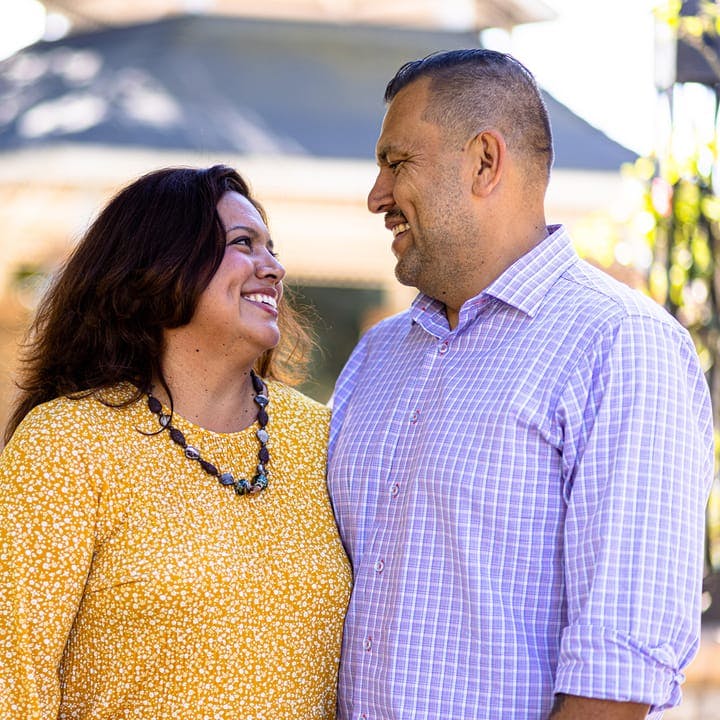What do you say to someone who’s struggling with obesity? Unfortunately, there are no magic words, especially since you’re not telling them something they don’t already know. However, there is a correct approach. It’s important to play a positive role in your loved one’s support system. 38-40

Helping Your Loved One
Whether it’s your spouse, sibling, child, or friend that you want to talk with about their health, it’s a tricky subject to broach. You want to help, but it’s also a very personal, private, and potentially upsetting topic. Any conversation about weight may come across as criticism, which may lead to feelings of shame, feeling defensive, or even secretive. However, you’re worried about them. You should infuse this type of conversation with positivity and respect. Here are some steps to make the process easier while giving your loved ones the support they need:

Learn about weight loss surgery
Educate yourself so you can provide facts and not just suggestions. You can find a wealth of information on the internet. Collect credible research about weight-loss surgery procedures and their benefits. This way, you can determine if weight-loss surgery is an option for your loved one. You can then explain it accurately and address some of their questions.
Opening a weight loss surgery conversation
Before you begin the weight-loss surgery conversation with your loved one, imagine if the roles were reversed. Would you find a friend’s or spouse’s advice as intrusive or helpful? Treat the person you are talking with as you would want to be treated. This helps you mark your boundaries, too.
Be aware of the emotional impact of the conversation
When bringing up the emotionally charged topic of weight-loss surgery, be sensitive and caring enough to stop the conversation if you detect feelings of intense discomfort or apprehensiveness. Tell them you love them and that you are not judging them. If they show interest in undergoing surgery, continue the conversation. If not, put the topic to rest and wait for them to bring it back up. Remember, you are only providing support. Even if you are family and part of the decision-making process, let them ultimately make their own decisions about their health.
Supporting your loved one through their health journey
There are many ways to show support whether your loved one decides to undergo surgery or not. Even if they’ve already decided to pursue surgery, your job doesn’t end there. Don’t just say “I’m here for you” or “if you need anything, call me.” Stay involved. You can research weight-loss procedures such as Lap band, Bariatric surgery etc. together, go to appointments, and even join support groups to show you’re with them every step of the way. 38-40








